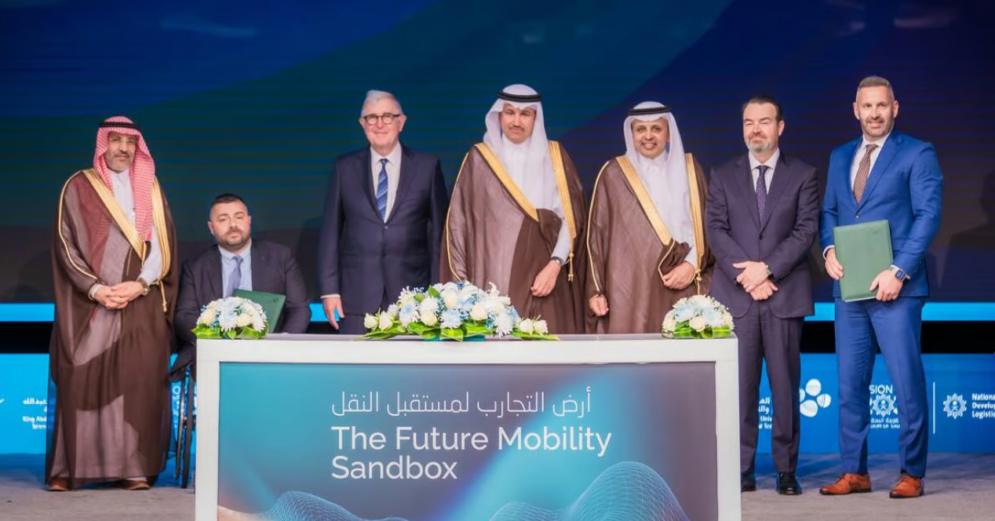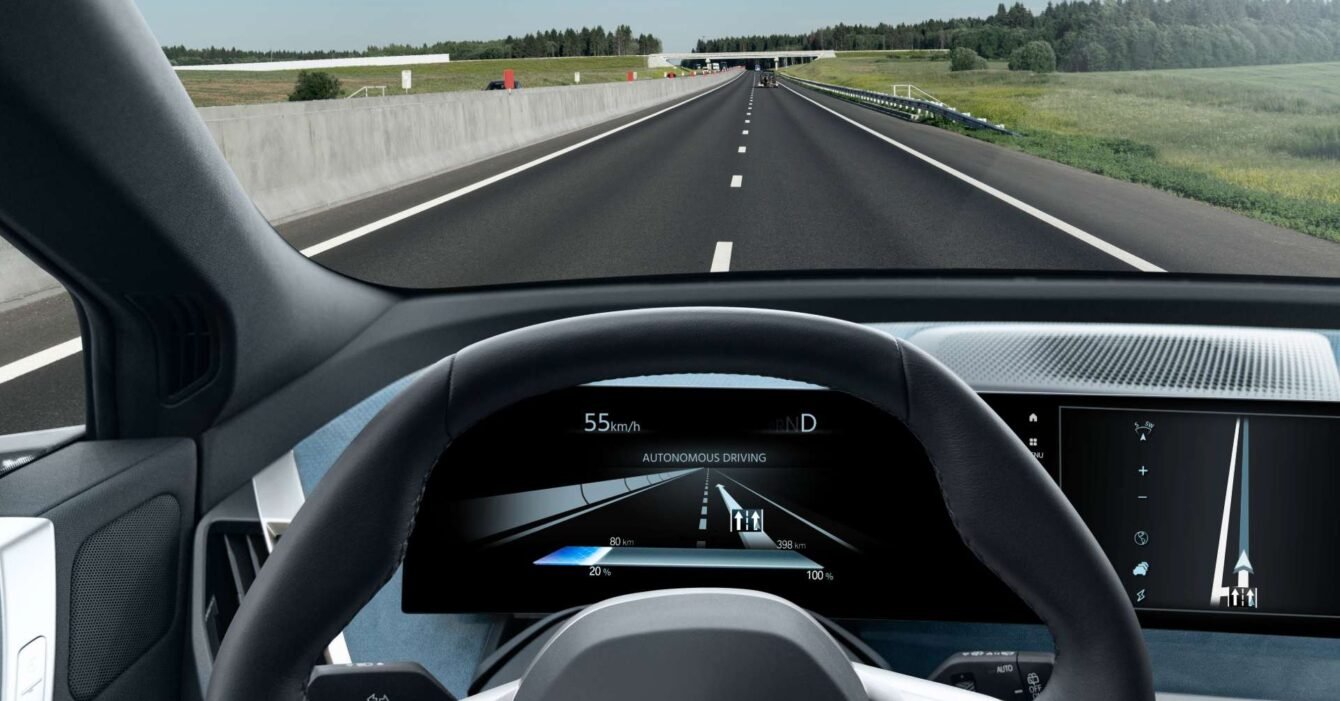A 1.56 Sq Km Testing Ground for Next-Generation Transport
Saudi Arabia is accelerating its push toward smart mobility and autonomous vehicle innovation with the Future Mobility Sandbox, a 1.56 square kilometer testbed designed to reshape the transport sector. Launched by the Ministry of Transport and Logistic Services, in collaboration with King Abdullah University of Science and Technology (KAUST) and the Ministry of Industry and Mineral Resources, the initiative provides a controlled environment for Saudi Arabia autonomous vehicles testing, electric vertical take-off and landing (eVTOL) aircraft, maritime technologies, and AI-powered logistics solutions.

This large-scale testing facility is the first of its kind in the region, designed to advance global mobility solutions by supporting new sensor technologies, high-speed communication networks, and rigorous safety assessments. It aligns with Saudi Arabia’s broader National Transport and Logistics Strategy, which aims to strengthen traffic safety, reduce vehicle-related accidents, and create investment opportunities in sustainable mobility.
Saudi Arabia Autonomous Vehicles: A Game-Changer for Innovation
Saudi Arabia’s transport sector is undergoing a massive transformation as autonomous vehicles take center stage in regional mobility advancements. The Future Mobility Sandbox supports AI-driven transport ecosystems, allowing engineers and researchers to refine software models for self-driving cars, logistics drones, and next-generation maritime automation.
One of its primary objectives is enhancing road safety and transport efficiency. By integrating big data, artificial intelligence, and advanced propulsion technologies, the testbed allows transport innovators to address challenges such as smart navigation, adaptive driving protocols, and real-time hazard detection.
Saudi Arabia autonomous vehicles and AI-powered mobility technologies will now benefit from real-world simulations, making autonomous transport safer, faster, and more viable.
Also Read: 2025: Hands Off the Wheel as KSA Paves the Way for Driverless Cars
A Multimodal Approach: Land, Air, and Sea Transport
Beyond autonomous cars, the Sandbox enables comprehensive testing for electric vertical take-off and landing (eVTOL) aircraft, drone logistics operations, and maritime transport automation. With state-of-the-art sensors and AI-driven analytics, researchers can fine-tune smart transport systems that integrate seamlessly across land, air, and sea mobility networks.
The testbed will support experiments involving next-gen propulsion systems, advanced communication protocols, and high-impact transport safety measures—all critical for establishing Saudi Arabia as a global leader in sustainable and autonomous mobility.
Economic and Industry Growth: Job Creation & Investment
The Future Mobility Sandbox isn’t just about technology—it’s a catalyst for economic growth, expected to attract high-impact investments and create new jobs in Saudi Arabia’s expanding transport sector. By focusing on localizing advanced mobility technologies, the initiative empowers Saudi talent while strengthening industry partnerships with leading global transport firms.
To ensure long-term success, Saudi Arabia has outlined a phased development plan leading up to 2029, which includes:
- Infrastructure expansion to support large-scale transport experimentation.
- Attracting key industry players to invest in autonomous and sustainable transport solutions.
- Boosting technical capabilities in AI-driven mobility, vehicle manufacturing, and next-gen logistics technology.
With these developments, Saudi Arabia is set to redefine transport innovation, positioning itself as a key player in the global autonomous and sustainable mobility revolution.
Also Read: Tesla’s Saudi Entry: Will It Help Achieve the 30% EV Goal?




